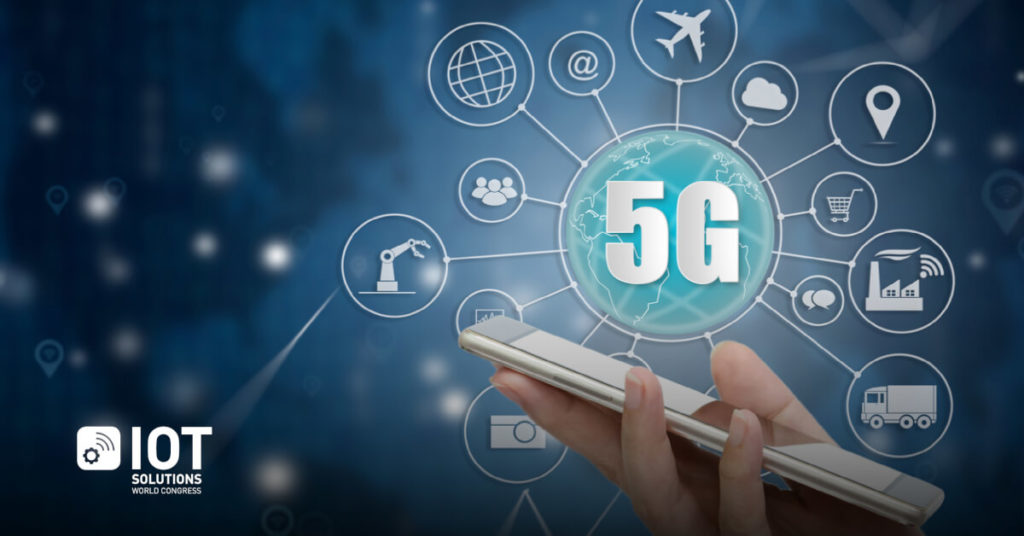Shop At Haya: Your Ultimate Shopping Guide
Discover the best shopping tips, trends, and deals for a smarter buying experience.
5G: The Speedy Journey to a Connected Future
Discover how 5G is transforming our world—faster connections, smarter devices, and a connected future await! Don't miss out!
What is 5G and How Will It Change Our Lives?
5G refers to the fifth generation of wireless technology, designed to provide faster speeds, lower latency, and greater capacity compared to its predecessors. This advanced technology allows for seamless connectivity and supports a multitude of devices simultaneously, paving the way for innovations such as smart cities, autonomous vehicles, and the Internet of Things (IoT). With download speeds potentially reaching up to 20 Gbps, 5G is set to revolutionize not only how we communicate but also how industries operate, transforming healthcare, education, and entertainment on a global scale.
The impact of 5G on our daily lives will be profound. For instance, the technology will enable real-time communication in critical sectors such as telemedicine, where doctors can perform remote surgeries with minimal lag. Furthermore, enhanced connectivity will facilitate smarter urban infrastructure, improve energy management, and promote more efficient transportation systems. In essence, as 5G networks become ubiquitous, we can expect a significant upgrade in the quality of our digital experiences, leading to a more interconnected and efficient future.

The Benefits of 5G: Transforming Connectivity and Innovation
5G technology is revolutionizing the way we connect and communicate, providing unparalleled speed and reliability. With data transfer rates up to 100 times faster than 4G, 5G enables seamless streaming and instant downloads, transforming our daily interactions. This enhanced connectivity not only improves personal communication but also fosters a new era for businesses, allowing for real-time collaborations and more efficient operations. Moreover, the ultra-low latency of 5G reduces lag time in online activities, making it vital for applications requiring immediate feedback, such as online gaming and remote surgeries.
Additionally, the advent of 5G paves the way for innovative technologies such as the Internet of Things (IoT), smart cities, and autonomous vehicles. As countless devices become interconnected, data sharing will become more efficient, leading to improved decision-making and resource management. For instance, in smart cities, 5G will enable real-time monitoring of traffic and energy usage, resulting in better urban planning and reduced environmental impact. The potential of 5G is immense, ushering in an age of innovation that can truly transform various sectors, including healthcare, transportation, and entertainment.
Understanding 5G Technology: Myths vs. Facts
5G technology is often surrounded by a cloud of myths and misinformation that can lead to confusion about its true capabilities and implications. One common myth is that 5G causes serious health problems due to increased exposure to radiofrequency radiation. However, scientific research has consistently shown that the levels of radiation emitted by 5G networks are well within the safety limits set by international health organizations. In fact, the electromagnetic fields produced by 5G are similar to those of earlier generations of mobile technology, such as 4G and Wi-Fi.
Another misconception is that 5G technology is only about faster internet speeds. While speed is a significant advantage, 5G also introduces features such as lower latency and enhanced connectivity for a larger number of devices. This is particularly crucial for the rise of the Internet of Things (IoT), which connects everyday objects to the internet. The ability to support more devices simultaneously will transform industries and improve efficiency in sectors ranging from healthcare to transportation. Understanding these facts can help demystify 5G and highlight its potential benefits for society.